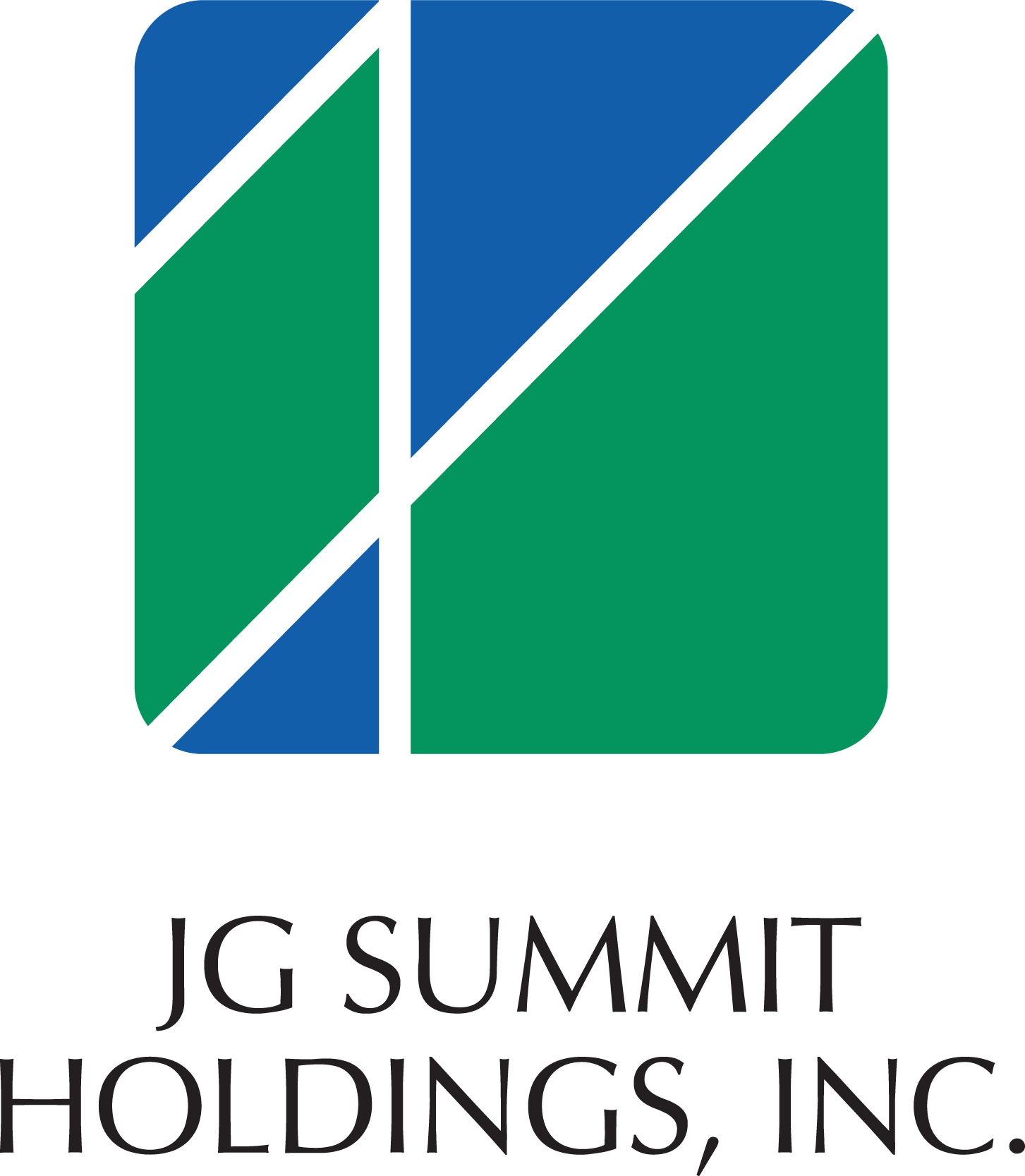Sustainability
JG Summit Holdings, Inc.
A Pledge to the Generations
With this, JGS created the Gokongwei Group Sustainability Framework to serve as the company’s proposition in the years to come as it continues to thrive with greater sustainability through future generations. The Framework consists of six key focus areas presenting what sustainability is for JGS, why it is important, and how we would move forward with our sustainability journey. These key focus areas are Shared Success, Climate Impact Management, Resource Efficiency & Circularity, Better Choices, Leadership & People Development, and Corporate Governance.
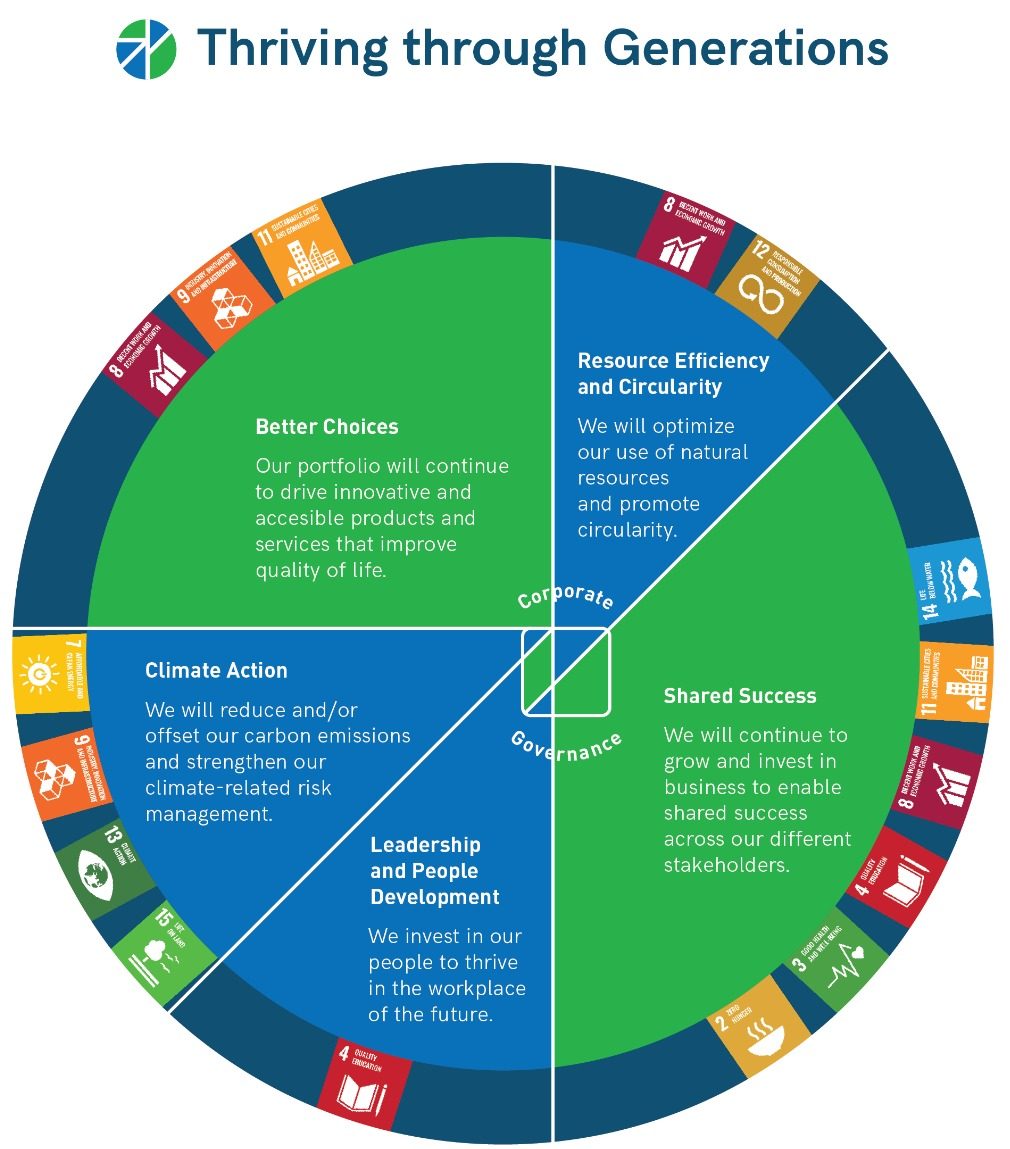
Universal Robina Corporation (URC)
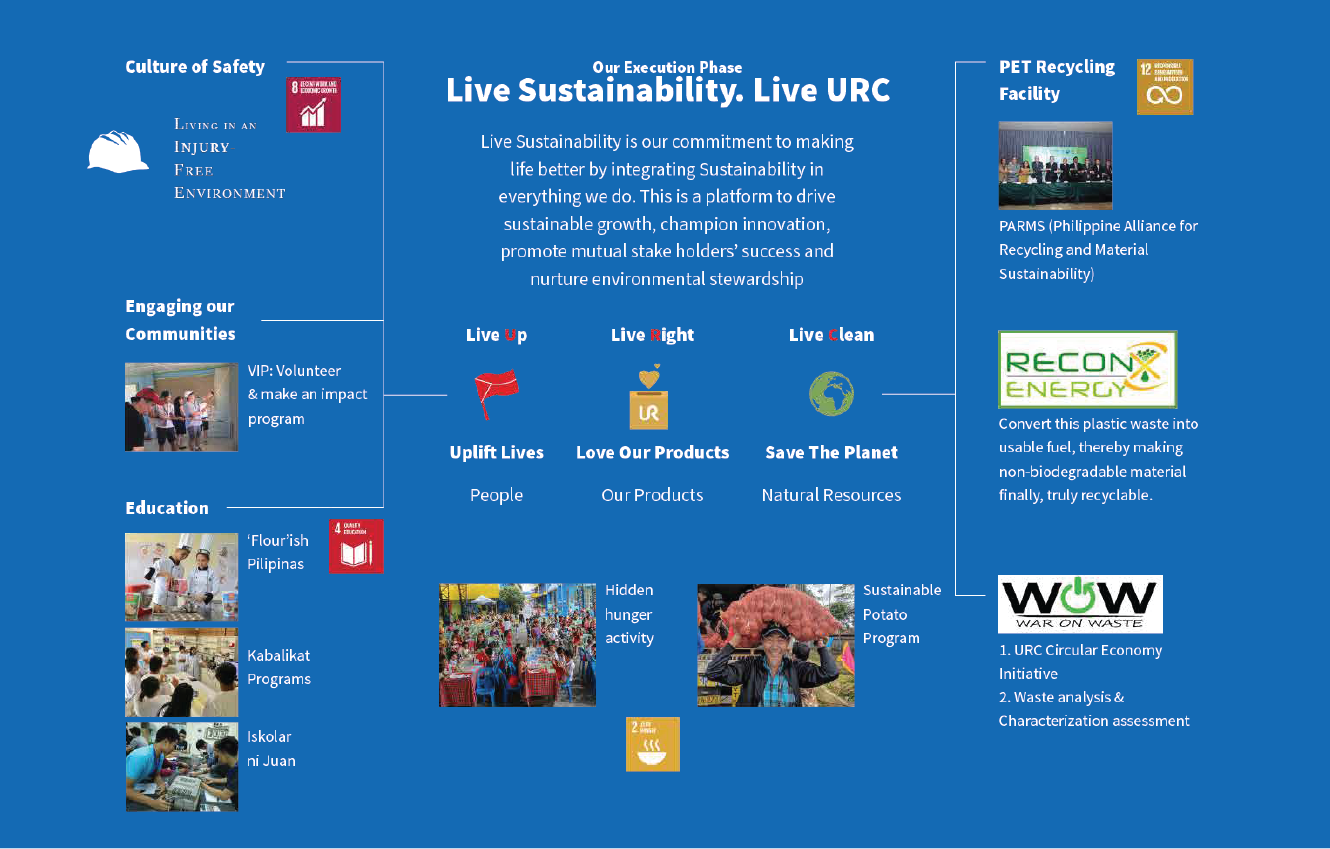
The results of our 2018 baseline gave us the basis to develop our 2030 commitments. Irwin Lee involved the different country heads and division heads in the program to align their support in delivering our commitments. In the second quarter of 2019, we released our 2030 sustainability commitments aligned to the UN Sustainable Development Goals.
With regards to our executions, we are pleased to announce that we’ve done several initiatives in the areas of our materiality which are People, Products, and Natural Resources.
In People, we launched a new campaign towards a better safe working environment ensuring we promote zero lost time injury in the workplace. We also engaged our communities through volunteer programs to work community engagement focused on education, nutrition (feeding programs), and Environment (coastal cleanup drive). In our Products, we executed another sustainable agriculture project through our sustainable potato program in partnership with the Department of Agriculture.
Lastly, in Natural Resources, we collaborated with different stakeholders in the FMCG industry through the formation of Philippine Alliance for Recycling and Material Sustainability (PARMS) to recycle PET and address a bigger issue in solid waste. Internally, we started our drive towards circular economy through our program called War on Waste. In 2019 we’ve started our waste analysis & characterization assessment.
Cebu Air, Inc. (CEB)
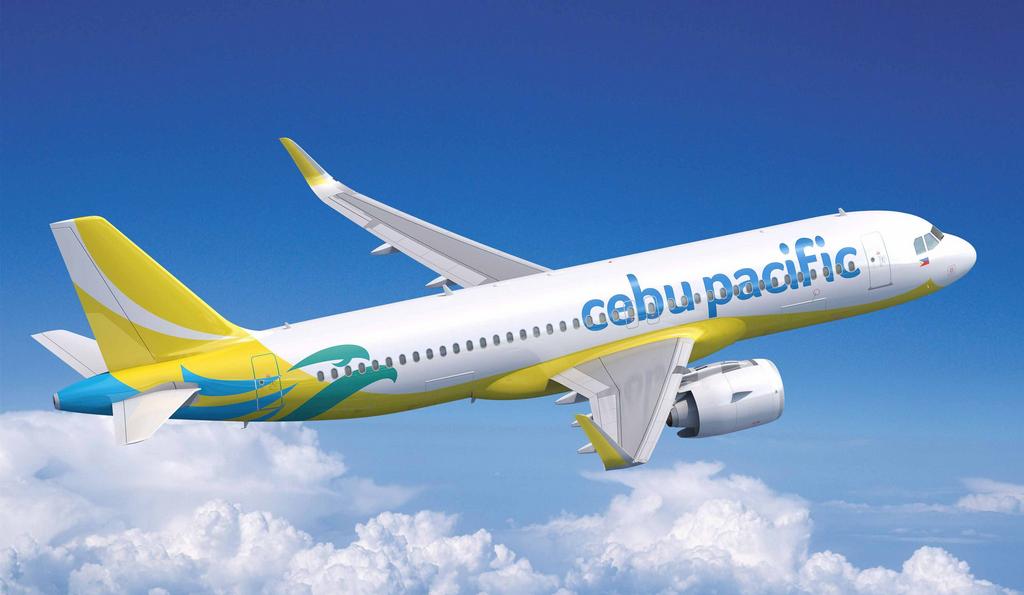
Environmental stewardship among others
Robinsons Land Corporation (RLC)
Renewable Energy: Mall Solar Facilities
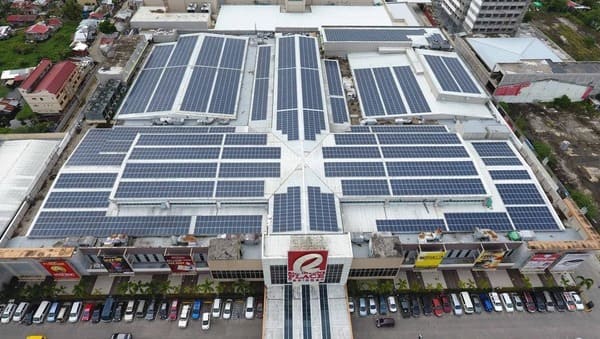
Wastewater Recovery Program
Robinsons Malls Recycling Market
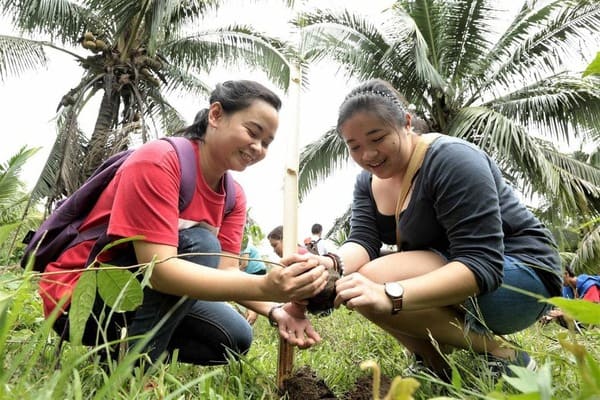
Bote Ko, Palit Ko
JG Summit Petrochemicals Group (JGSPG)
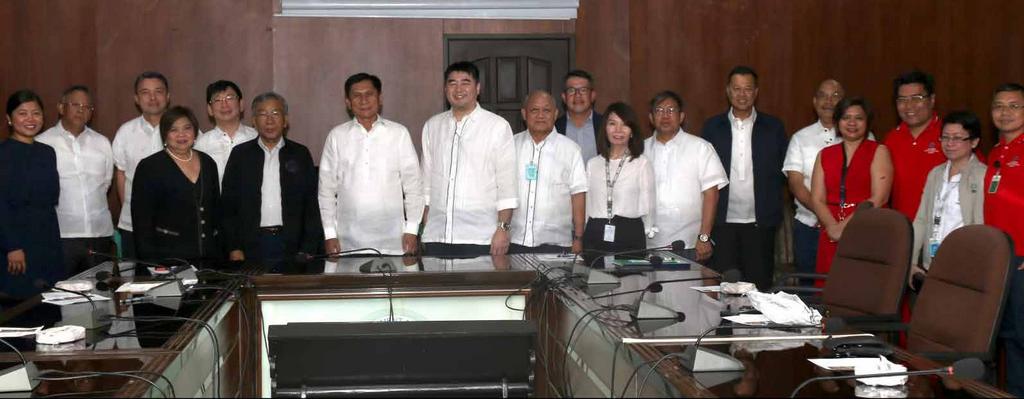
Boracay Wetland No. 8 Rehabilitation Project: Partnering with Government for Biodiversity Sustainability
Artificial Reef Project: Improving Biodiversity along Verde Island Passage
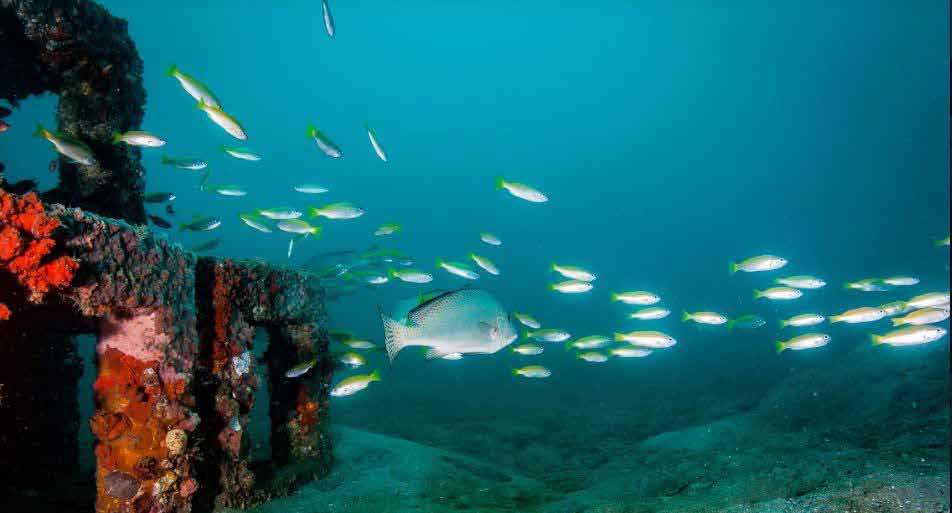
Abot Kamay: JGSPG’s Flagship Program for Education and Community Development
Polymer Products’ Alignment Towards Sustainability: Moving towards creating and shaping future markets for our PE and PP polymers
JGSPG is aligning with the four most important sustainable development goals (SDG’s) according to the World Council for Sustainable Development – Food Security, Water Security, Energy for All, and Climate Change.
Robinsons Bank Corporation (RBank)
Financial Inclusion
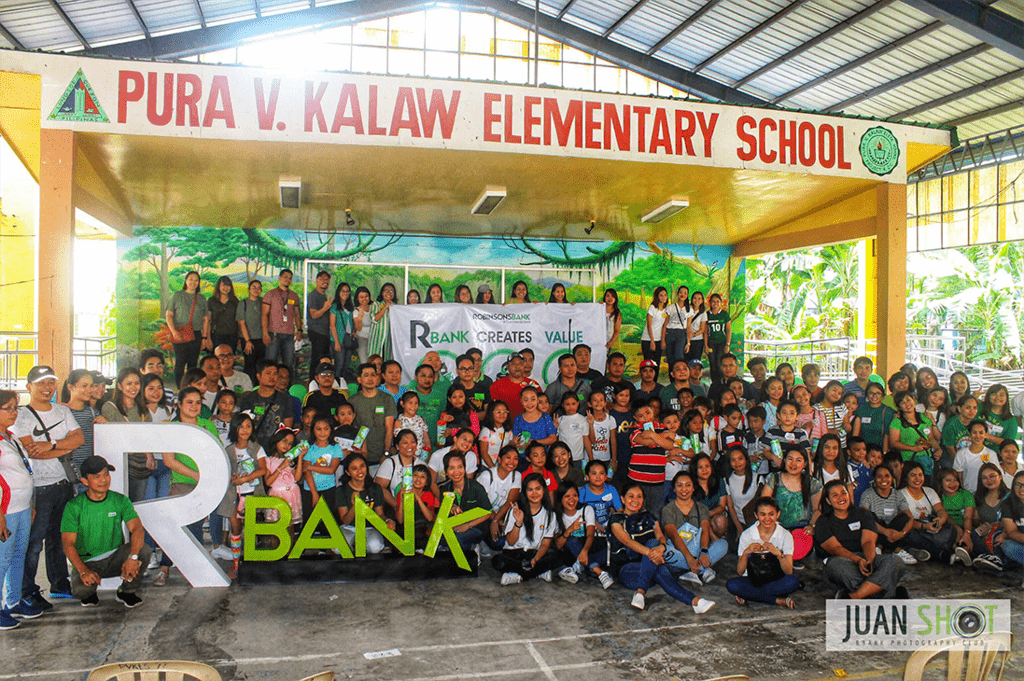
Financial Literacy
In Robinsons Bank, we teach families that every peso, through good money management skills, has a potential to grow and create more value in their lives. Robinsons Bank’s CSR program – RBank Creates Value, instills the value of saving and teaches money management skills to students and their families. These are lessons reinforced in the three-year program that Robinsons Bank engaged the entire family: the student, the mother, and the father. The student and their parents were given easy-to-digest “bite-sized” lessons on the value of saving and were formed to develop the habit of saving.
Concurrent sessions for the 194 fathers were conducted to provide livelihood skill training for possible sources of additional income. 171 RBankers organized sessions on haircutting, aquaponics, citronella spray-making, and candle-making. PremiumBikes presented a sub-agent program to earn through referrals and offered registration assistance to Grab’s food delivery services to those with motorcycles.

